Don’t Throw the ‘K’ Out with Woke: Embracing Kindness in a World of Extremes
Even writing about kindness makes me cringe just a bit. A sense of vulnerability surrounds me knowing some of my peers and friends will mock me behind my back. “He’s trying to be woke again”, I can imagine them saying with a smirk.
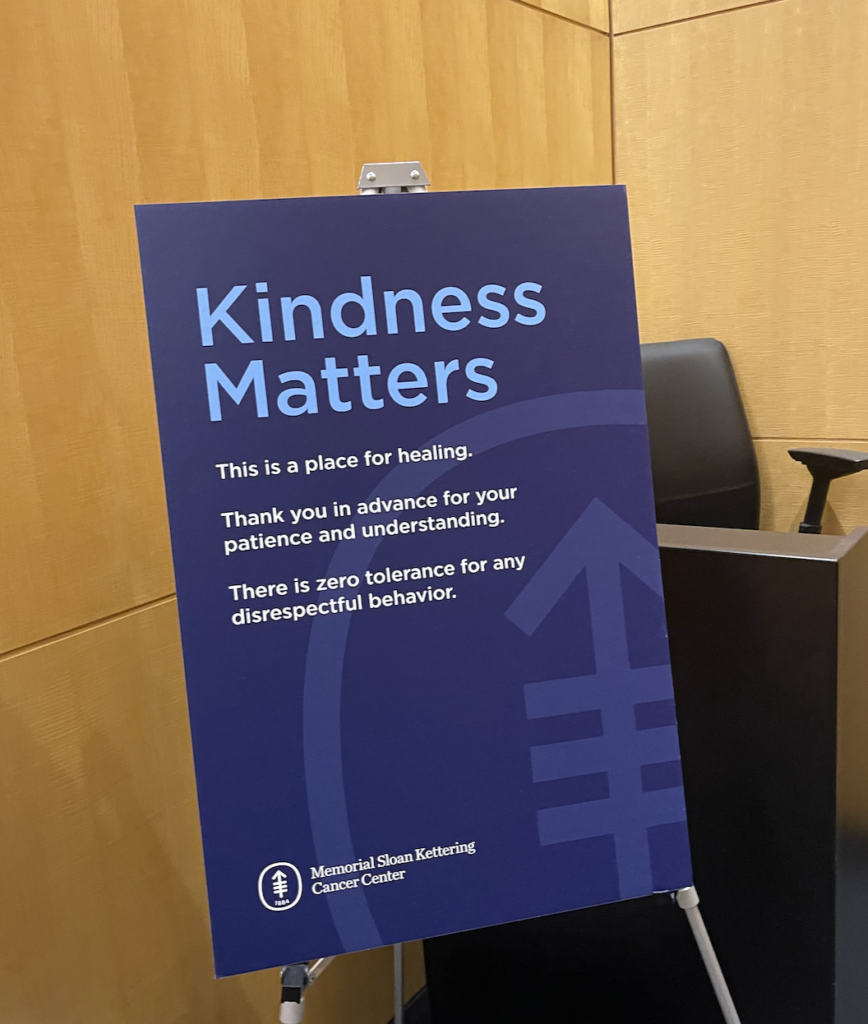
In recent years, the term ‘woke’ has journeyed through various connotations and criticisms, evolving from a genuine call for awareness to a term often mired in controversial meaning and now embarassment for using it in the wrong company. As I listened to a podcast of moderates clearly predicting the end of ‘wokeness’, I muttered to myself “Don’t throw the baby out with the bathwater.” Seconds later I thought, “actually, don’t throw the K out with Woke” – the ‘K’, in my mind, standing for kindness – a fundamental human virtue that seems often to get lost in the tumultuous waves of social and political change.
Originally a beacon of social consciousness, particularly in matters of racial and social justice, ‘woke’ has been a rallying cry for those seeking to spotlight and address deep-seated societal inequities. However, the term has since been co-opted, criticized, and in some instances, weaponized – at first only by extremists to the right but now even by moderates. In places like New Hampshire, where I live, the recent backlash at the State House against concepts like DEI and ESG reflects a pendulum swinging too far back, driven by the perception that ‘woke’ culture has overstepped its bounds.
The Misconception of Kindness as Weakness
In this whirlwind, kindness – an essential element of the original ‘woke’ ethos – is at risk of being tossed aside as well. Kindness, in its truest form, is about empathy, understanding, and a genuine desire to make the world a more equitable place. However, as ‘woke’ becomes a contentious label, kindness is mistakenly lumped together with performative activism, losing its significance and being viewed with skepticism by a growing number of people.
It is crucial to recognize that kindness should never be a casualty in our quest for a more just society. Kindness does not mean one can’t be competitive, share honest opinions, or try one’s best to come out on top. True kindness isn’t just a superficial gesture; it’s a deep-rooted commitment to understanding, helping, and respecting others while also being kind to oneself. It’s about listening to diverse voices and learning from them, not just appearing to do so. Kindness is the bridge that connects genuine awareness to meaningful action.
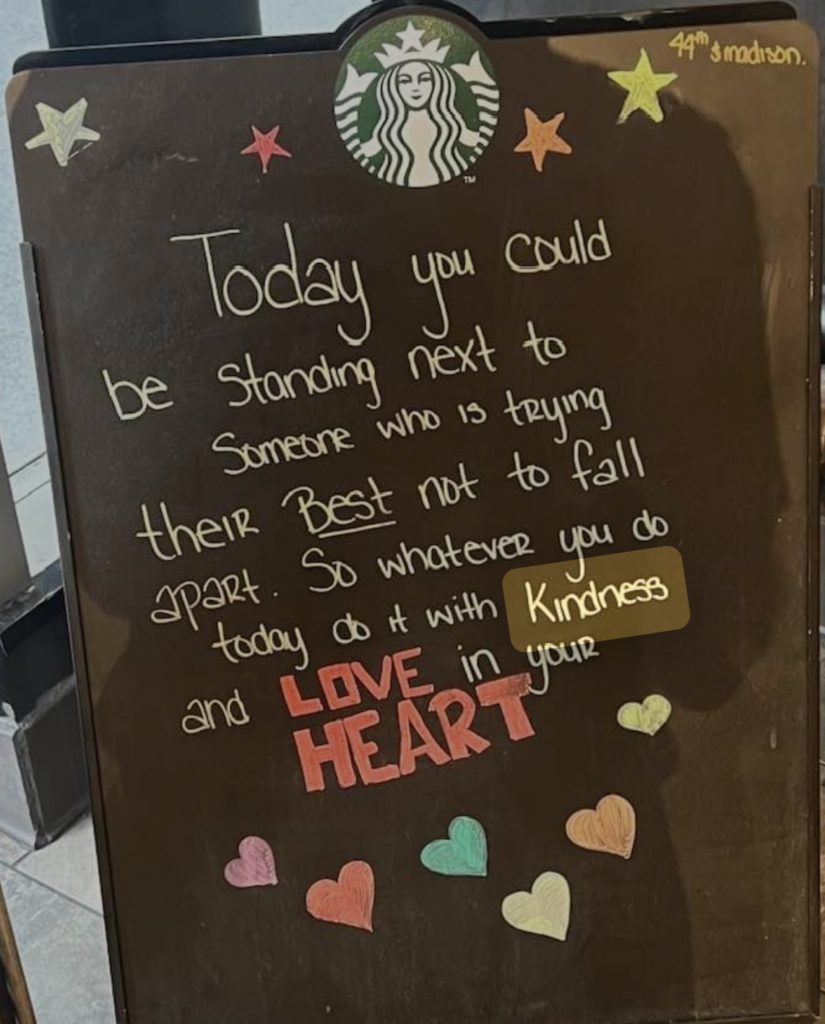
A Call to Rebalance
The challenge, then, is to find a balance. We must strive to retain the original spirit of being ‘woke’ – a sincere awareness of and action against injustice – while ensuring that kindness remains at its core. Without necessarily using the acronyms themselves, this means actively supporting DEI not as a trend or a box to tick, but as a genuine commitment to bettering our society. It involves critically evaluating and yes, questioning, ESG initiatives, not with the intent of dismissing them, but to ensure if pursued they are impactful and authentic.
Conclusion
As we navigate these complex social dynamics, let’s not forget the essence of what it once meant to be ‘woke’ before the word itself became a third rail. Let’s not strip away the kindness, empathy, and genuine desire for equity that should drive our actions. In a world often polarized and cynical, let’s remember that kindness isn’t a sign of weakness or naivety; it’s a strength, a guiding light leading us towards true and lasting change. Even as the term “woke” is removed from the vocabulary of all but the most progressive minds, the rest of us need to keep the ‘K’ in ‘woke’ intact and fully embrace the full, rich meaning of what kindness can represent.
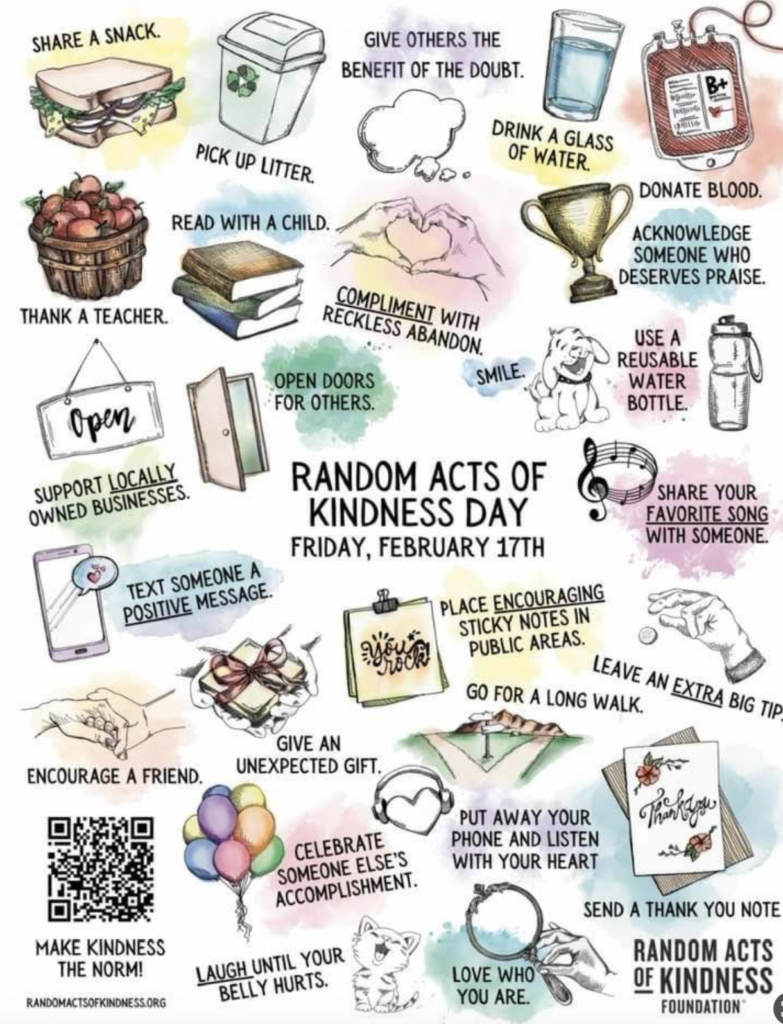

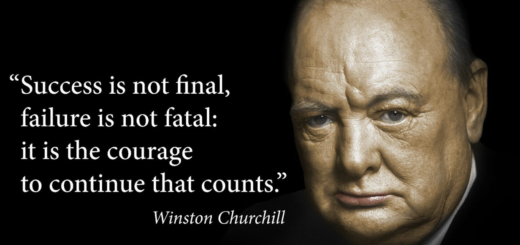

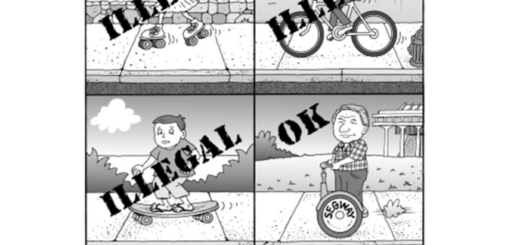
Recent Comments